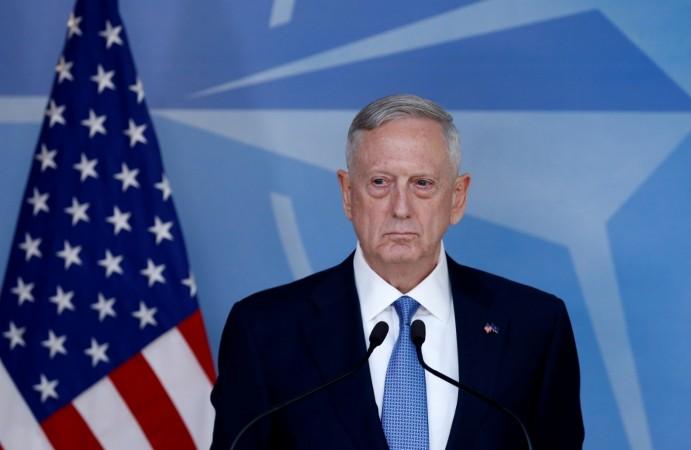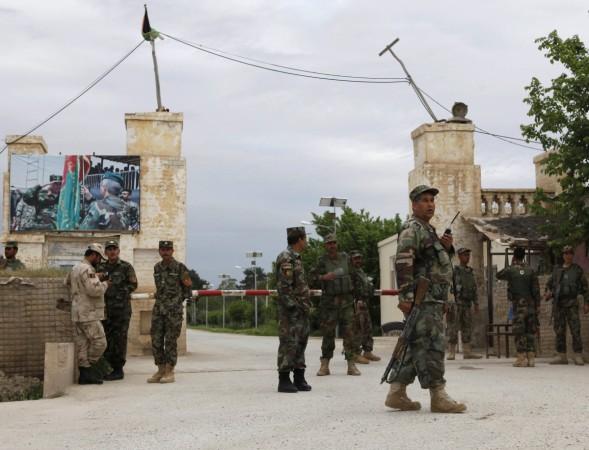
United States Defence Secretary James Mattis made an impromptu visit to Afghanistan on Monday, April 24, hours after the Afghan Defence Minister Abdullah Habibi and the country's Army Chief Qadam Shah Shaheem resigned in the wake of a deadly attack by the Taliban at an army base which killed many unarmed soldiers.
The attacks, one of the deadliest on a military base in the country, happened on April 21 after Taliban militants barged into the camp and opened fire on the soldiers in the northern city of Mazar-i-Sharif.
Though the exact number of casualties has not been released, Reuters reported that an official, on condition of anonymity, said at least 140 soldiers were killed while many were gravely injured. Another official said the death toll of the soldiers was likely to go even higher.
Mattis, currently on his first visit to Afghanistan as the Pentagon chief, was scheduled to meet President Ashraf Ghani and other top officials in the country. His visit comes after the US dropped its largest non-nulcear bomb Massive Ordnance Air Blast (MOAB) on Islamic State of Iraq and Syria (ISIS) hideouts in the country's eastern region this month.

The defence heads in the country resigned amid anger over the Taliban attack on the Mazar-i-Sharif army base. People in Afghanistan slammed the government over its incompetency to counter the attack. However, Habibi said in a press conference said that his decision to resign was voluntary.
"Nobody in the world has been able to prevent such attacks," Habibi said of the base assault. "It is an intelligence war and a war on terrorism. It is very difficult." He added that an investigation into the attack was ongoing; he also admitted that the casualties in the assault were "high."
According to reports by officials, around 10 Taliban militants, dressed in Afghan army uniforms, entered the army base in military vehicles and opened the fire. The soldiers were leaving a mosque after Friday evening prayers.
The militants reportedly used rocket-propelled grenades and rifles, and also detonated several suicide vests that were packed with explosives. According to witnesses, confusion and chaos prevailed at the army camp as the soldiers could not ascertain the attackers' identity in army uniforms.

















